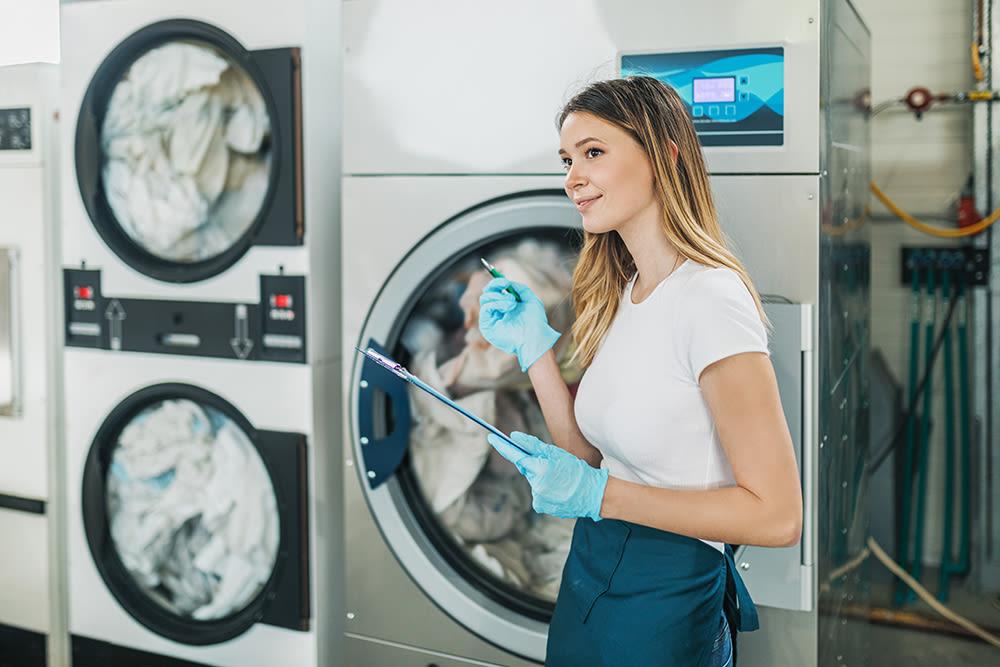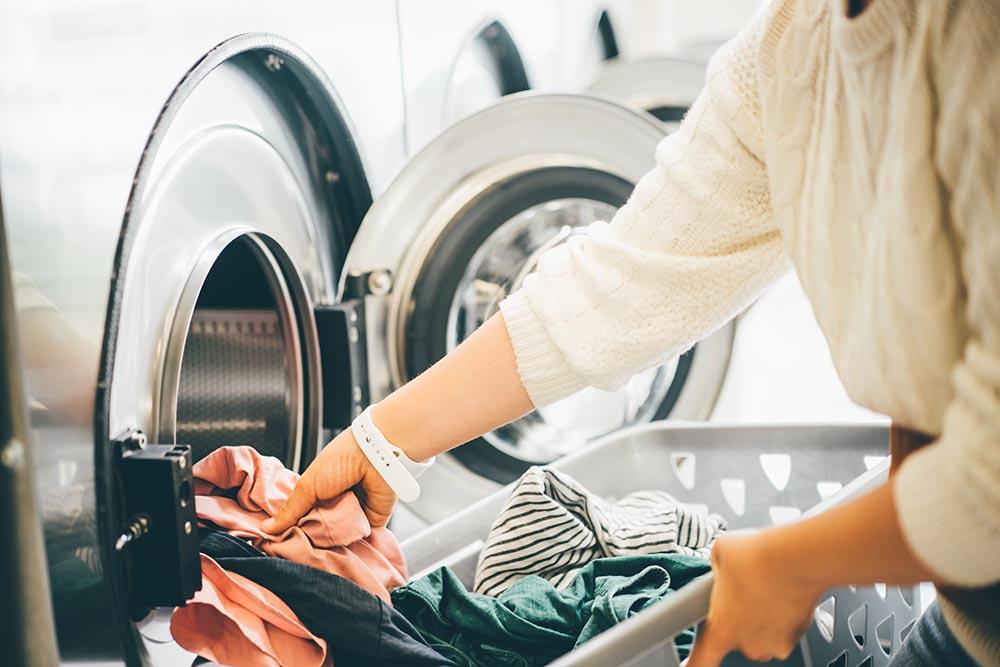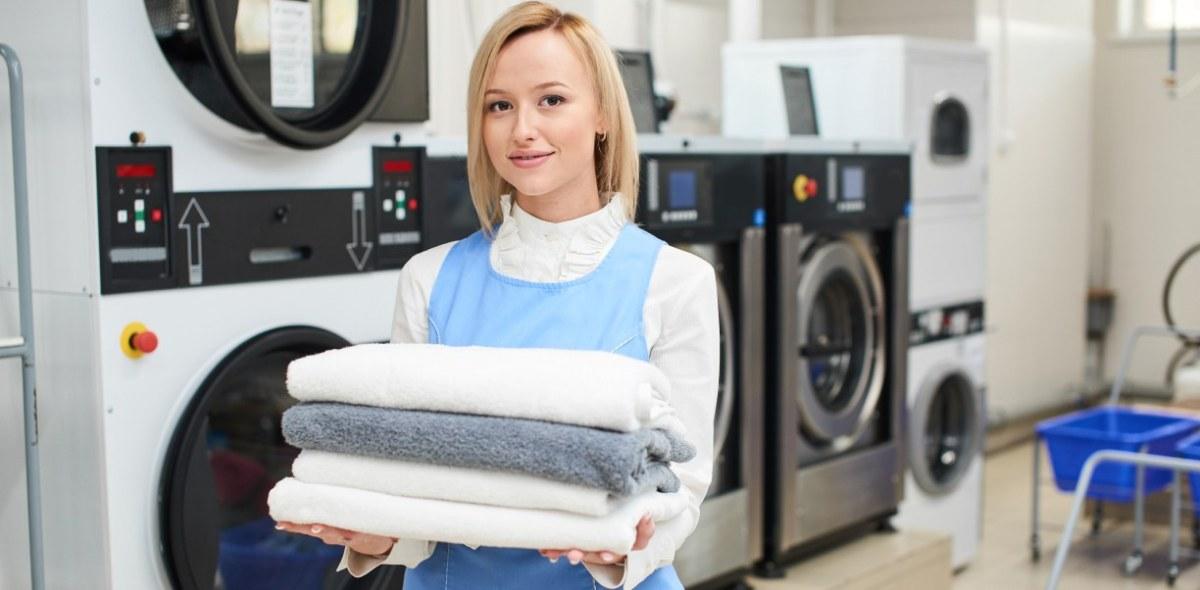The daily ritual of laundry, often taken for granted, carries a significant environmental footprint that many consumers are only now beginning to fully appreciate. Traditional washing methods consume vast amounts of water and energy, contributing to higher utility bills and placing undue strain on natural resources. This routine, performed by billions globally, collectively impacts our planet in ways that are often unseen but profoundly felt, from resource depletion to increased carbon emissions.
Beyond resource consumption, the detergents and fabric softeners commonly used introduce a cocktail of chemicals into our waterways. Phosphates, dyes, and artificial fragrances can harm aquatic ecosystems, leading to algal blooms and disrupting marine life. Furthermore, the plastic packaging of these products contributes to the escalating global waste crisis, with single-use plastics persisting in landfills and oceans for centuries, breaking down into harmful microplastics.
Consumers today face a dilemma: maintain established, convenient laundry habits or transition to more sustainable practices that might seem daunting or less effective. The sheer volume of product choices, coupled with often vague environmental claims, makes it challenging to discern truly eco-friendly options from mere greenwashing. This lack of clear, accessible guidance often prevents individuals from making informed choices that align with their environmental values.
The cumulative effect of these traditional practices is a pressing environmental challenge. From microplastic shedding from synthetic fabrics during washing to the energy-intensive processes of heating water and tumble drying, every step has an impact. Recognizing this, Luxe Laundry Services believes it's crucial to empower individuals with practical knowledge and solutions to transform their laundry routines into a force for good, benefiting both their homes and the planet.
Understanding the Root Causes
- Lack of Awareness: Many individuals simply aren't fully aware of the environmental consequences of their conventional laundry habits or the readily available, effective eco-friendly alternatives.
- Perceived Barriers: Sustainable laundry options are often mistakenly viewed as more expensive, less efficient, or requiring significant changes to established routines, creating resistance to adoption.
- Market Dominance: Traditional, less sustainable laundry products benefit from decades of marketing and brand loyalty, making it harder for greener innovations to penetrate the mainstream market effectively.
Practical Solutions for Eco-Friendly Laundry
One of the most impactful changes involves making smarter detergent choices. Opt for highly concentrated, plant-based, and biodegradable detergents. These products typically require less water in their formulation and packaging, significantly reducing their carbon footprint. Their natural ingredients break down more easily in wastewater, minimizing harm to aquatic life and reducing chemical residue on clothes.
Consider detergents that come in refillable pouches or compostable packaging to drastically cut down on plastic waste. Brands committed to transparency often list all their ingredients, helping you make informed decisions. Such choices not only protect the environment but also often lead to a gentler wash for your clothes and skin, free from harsh irritants.
Another crucial step is to optimize your washing and drying habits. Washing clothes in cold water is a simple yet powerful way to save energy, as heating water accounts for a significant portion of a washing machine's energy consumption. Modern detergents are formulated to be effective even in cold water, ensuring a thorough clean without compromise.
Furthermore, always wash full loads to maximize efficiency and minimize water and energy waste. When it comes to drying, embrace air drying whenever possible. Line drying clothes outdoors or using an indoor drying rack not only saves energy but also extends the life of your garments by avoiding the harsh heat of a tumble dryer, offering a fresh, natural scent.
Finally, focusing on mindful fabric care and garment longevity plays a vital role. Choose natural fibers like organic cotton, linen, and hemp over synthetics when purchasing new clothes, as these shed fewer microplastics during washing. Properly caring for your garments, following wash instructions, and repairing instead of replacing, significantly reduces textile waste, lessening the demand for new production and its associated environmental impact.
Potential Risks and Recommendations
- Initial Cost Perception: Eco-friendly products might sometimes have a higher upfront cost, deterring consumers. Recommendation: Emphasize long-term savings on energy, water, and garment longevity, which often offset initial expenses.
- Resistance to Habit Change: Shifting from established laundry routines can feel inconvenient or require a learning curve. Recommendation: Encourage small, gradual changes, like starting with cold washes, to build new sustainable habits over time.
- Efficacy Concerns: Some users may doubt the cleaning power of natural or concentrated detergents. Recommendation: Advise researching reputable brands with strong reviews and perhaps trying sample sizes to experience their effectiveness firsthand. Luxe Laundry Services stands by effective, green solutions.




There are no comments yet, you can be the first to leave one.